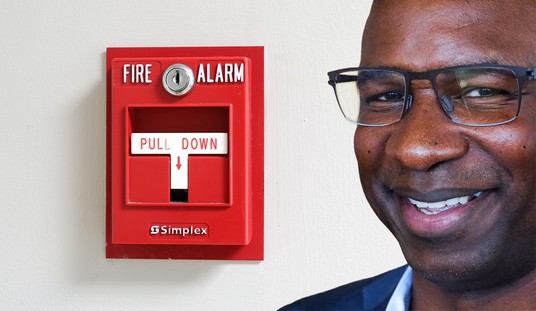https://twitter.com/SaaShr/status/288653923198324737
For now, it’s just a new reporting requirement:
The Affordable Care Act requires employers to report the cost of coverage under an employer-sponsored group health plan. Reporting the cost of health care coverage on the Form W-2 does not mean that the coverage is taxable. The value of the employer’s excludable contribution to health coverage continues to be excludable from an employee’s income, and it is not taxable. This reporting is for informational purposes only and will provide employees useful and comparable consumer information on the cost of their health care coverage.
In five years, however, the IRS will use the information on the W-2 forms to impose a hefty 40 percent “excise tax” on so-called “Cadillac” employer-provided health insurance plans:
It begins at $10,200 for an individual plan and $27,500 for a family plan. Above that, there’s a 40 percent tax on the excess premiums. So if your plan is valued at $11,200, your employer will pay a 40 percent tax on the $1,000 surplus.
Those thresholds sound high at the moment, but health care costs are rising rapidly. A family health plan that costs $18,000 today will cost $29,000 in 2018 if costs rise 10 percent per year during the next five years. Moreover, the thresholds will rise more slowly than health-care costs, which means the number of plans that are taxed will steadily increase after 2018.
So, a tax that was supposed to affect gold-plated plans belonging to wealthy fat cats will likely end up many affecting middle-class workers. A study by the Pioneer Institute estimates that the tax will eventually be imposed on the health insurance benefits of more than 50 percent of Massachusetts workers, including small business owners, teachers, and police officers.
Recommended
A school superintendent in Litchfield, Minn., is already looking ahead:
The Affordable Care Act (Obamacare), has a Cadillac tax for single plans of $10,200 by 2018. Most schools are on track to have to pay it.
— Dr Daniel L Frazier (@DanielLFrazier) January 10, 2013
The only way to avoid the 40% Cadillac tax in 2018, is to cut benefits under the Affordable Care Act (Obamacare).
— Dr Daniel L Frazier (@DanielLFrazier) January 10, 2013
























Join the conversation as a VIP Member